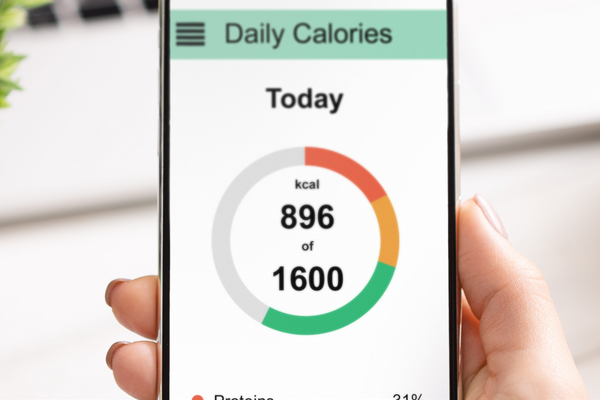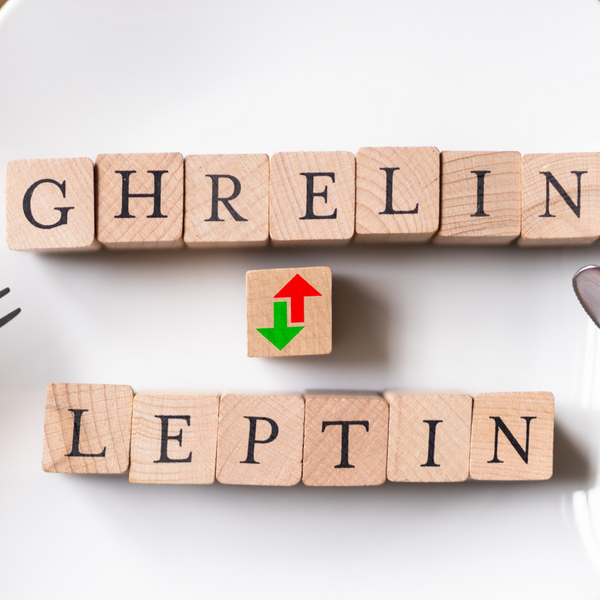What's the best plan for weight loss?" There are numerous options available, and while most people assume I'm biased towards the Keto Diet, the truth is that it's not suitable for everyone. What I like about the keto diet is its potential to aid in healing the body as you begin your weight loss journey. If you are metabolically unhealthy, the keto diet is probably your best starting point. It can help improve your energy, brain health, and, of course, deliver significant fat loss results. However, if you're looking to lose weight and are unsure where to begin, the best approach is to reduce your calorie intake. I have found that the most effective way to achieve this for most people is through Intermittent Fasting (IF)
Intermittent Fasting: A Smarter Way to Shed Pounds Than Calorie Counting

Never Ending Weight Loss Journey
In the ever-evolving world of weight loss, many strategies and diets claim to be the ultimate solution. Among these, two popular methods stand out: Intermittent Fasting (IF) and Calorie Counting. While both approaches can lead to weight loss, there's a strong case to be made that intermittent fasting is a better, more sustainable way for most people to achieve their weight loss goals. Here are some compelling reasons why:

Simplicity and Ease of Implementation:
Intermittent fasting is refreshingly simple compared to the meticulous process of calorie counting. When you follow an IF schedule, you decide when to eat and when too fast. There's no need to meticulously calculate every calorie you consume. This simplicity makes it easier to stick to a routine, reducing the potential for decision fatigue that often accompanies calorie counting.

Psychological Benefits:
Calorie counting can lead to an unhealthy obsession with food. It's not uncommon to find people meticulously recording every morsel they eat, which can trigger anxiety and a strained relationship with food. On the other hand, intermittent fasting encourages mindfulness about eating, allowing you to focus on food quality rather than quantity. This psychological shift can lead to a healthier attitude towards food and eating.

Reduced Overthinking:
When you count calories, it's easy to become preoccupied with the concept of 'cheat meals' or 'earning' extra calories through exercise. This mentality can be exhausting and counterproductive. With intermittent fasting, you don't need to overthink every bite you take. Instead, you have a clear window for eating, which simplifies your daily food decisions.

Hormonal Impact:
IF influences your body's hormonal balance in a way that promotes weight loss. During fasting periods, insulin levels drop, and your body switches to burning stored fat for energy. This metabolic shift is particularly beneficial for weight loss. Calorie counting, while effective in creating a caloric deficit, may not offer the same hormonal advantages.

Improved Fat Loss and Lean Muscle Maintenance:
Intermittent fasting tends to preserve lean muscle mass while primarily targeting fat stores for energy. This means you're more likely to lose body fat and maintain your muscle mass compared to traditional calorie-counting diets that often result in muscle loss alongside fat loss.

Enhanced Autophagy:
Intermittent fasting stimulates a process called autophagy, which is the body's natural mechanism for cellular clean-up and repair. This process not only supports overall health but also contributes to better weight management by improving the body's ability to burn fat.

Adherence and Long-Term Sustainability:
One of the main reasons many diets fail is the difficulty in sustaining them over the long term. Intermittent fasting, being less restrictive and more flexible, often results in better adherence compared to strict calorie-counting diets. You're more likely to stick with a routine that aligns with your lifestyle.

Versatility:
IF is highly adaptable, allowing you to choose from various fasting schedules that suit your preferences and schedule. Whether you opt for the 16/8 method, the 5:2 approach, or any other variation, you can customize your fasting plan to fit your life, making it easier to maintain.

To Conclude:
While calorie counting can undoubtedly help you lose weight, intermittent fasting offers a holistic approach that goes beyond just numbers on a scale. It promotes mental well-being, hormonal balance, and overall health while making it easier for most people to maintain a sustainable weight loss journey. As with any lifestyle change, it's important to consult with a healthcare professional before embarking on a new diet, but for many, intermittent fasting proves to be a more effective and enjoyable path to a healthier weight and a happier life.
Checkout my tip on fasting that helped my sister drop 100 pounds: https://www.facebook.com/reel/2263168903869004?fs=e&s=TIeQ9V&mibextid=0NULKw
